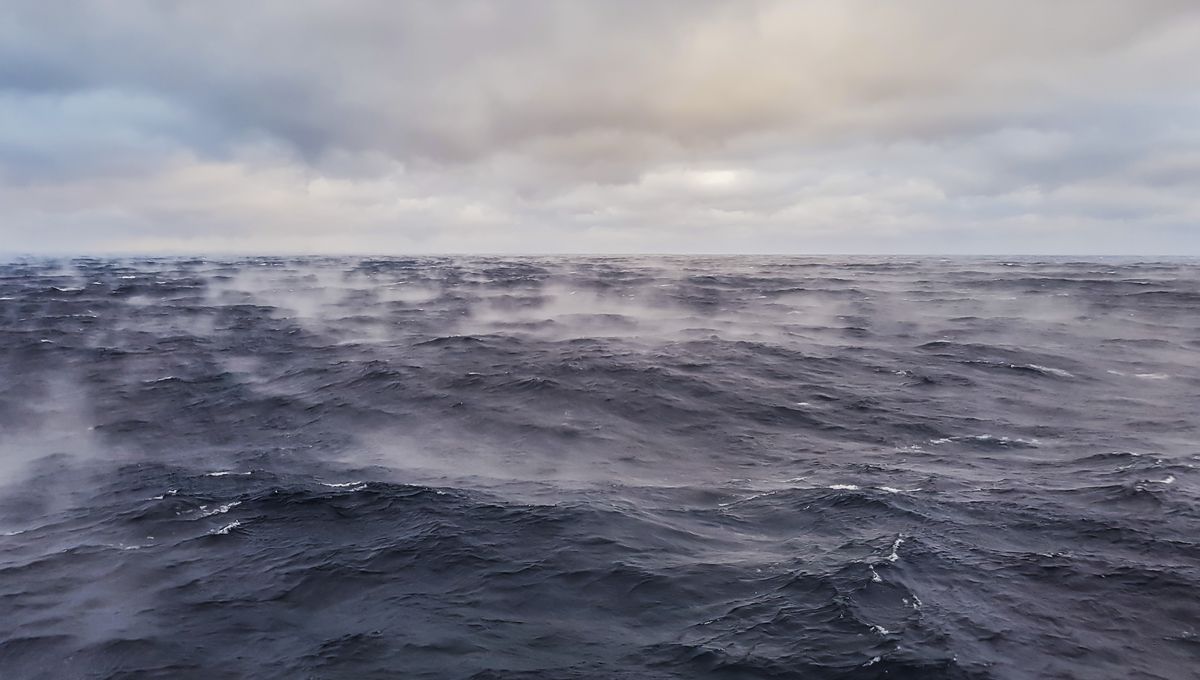
Sea surface temperatures have been rising for at least 45 years, and for most of that time, evaporation increased with them, bringing more rain. Yet climatologists have noticed a decoupling in these two measurements, observing nine years of falling evaporation rates from 2008 that they attribute to a decrease in the other major force that turns water into water vapor: wind.
ADVERTISEMENT GO AD FREE
Everyone who has ever hung their washing outside to dry knows three things speed up the process: warmth, direct sunlight, and wind. The same is true when it comes to getting water out of oceans or lakes and into the atmosphere, where it subsequently falls as rain.
Focusing on the first, climate models have predicted that, globally, a hotter world would mean increasing evaporation and therefore more rainfall, some of which would land on land. Until recently, evidence showed they were right – but Dr Ma Ning of the Chinese Academy of Sciences says that changed in 2008.
“Since then, two-thirds of the world’s oceans have experienced a reduction in evaporation, resulting in a slight decline in global evaporation rates between 2008 and 2017. This contradicts what we would typically expect in a warming climate,” Ma said in a statement. Ma and coauthors used data that only went up to 2017, so their paper doesn’t discuss if the reversal has continued.
In the early 2000s climate scientists debated if “global dimming” was taking place, a process where increased cloud and haze might mean less direct sunlight and therefore reduced evaporation, even as air temperatures rise. Whether or not that is the case, Ma and co-authors don’t think dimming is responsible for the phenomenon they are investigating. Instead, they’re pointing the finger at “wind stilling” resulting from shifts in atmospheric circulation.
“Changes in wind speed may be associated with decadal variations in Earth’s climate system,” Ma said. “The recent decline in ocean evaporation should not necessarily be interpreted as evidence of a weakened hydrological cycle, as it may instead reflect natural climate oscillations.”
The trend is not universal, according to the researchers. Using satellite data validated by atmospheric samplers on buoys, the researchers found evaporation fell over two-thirds of the oceans in the latitude range between 60°N and 60°S – polar regions were not included in their study, which may explain how the data fits with reports that waves in the Southern Ocean are getting bigger.
ADVERTISEMENT GO AD FREE
However, starting in 1998, for the first two decades evaporation increased almost everywhere. The downward trend in ocean evaporation from 2008-2017 was slower than the previous rise, so overall, there was a substantial increase from 1988-2017. Nevertheless, a continuation of those nine years could have substantial, and mostly negative, consequences.
Opponents of climate action in dry locations sometimes seize on increased evaporation rates to argue a hotter world is good for us, as it would be accompanied by more rain. Although this might be true for a few locations, it was never likely to be the case generally. The most common pattern for precipitation as temperatures increase is for it to become more erratic. In the long run, there might be more rain, but in bigger bursts, leading to larger floods punctuating longer dry periods. Aside from locations with very large irrigation dam capacities available, this isn’t a good formula for agriculture.
However, if Ma and co-authors are right about what has been happening, and the trend does continue, even the few places that would have benefitted from heavier rain bursts may miss out.
The study is published open access in the journal Geophysical Research Letters.
Source Link: The Oceans Are Getting Hotter But They’re Evaporating Less